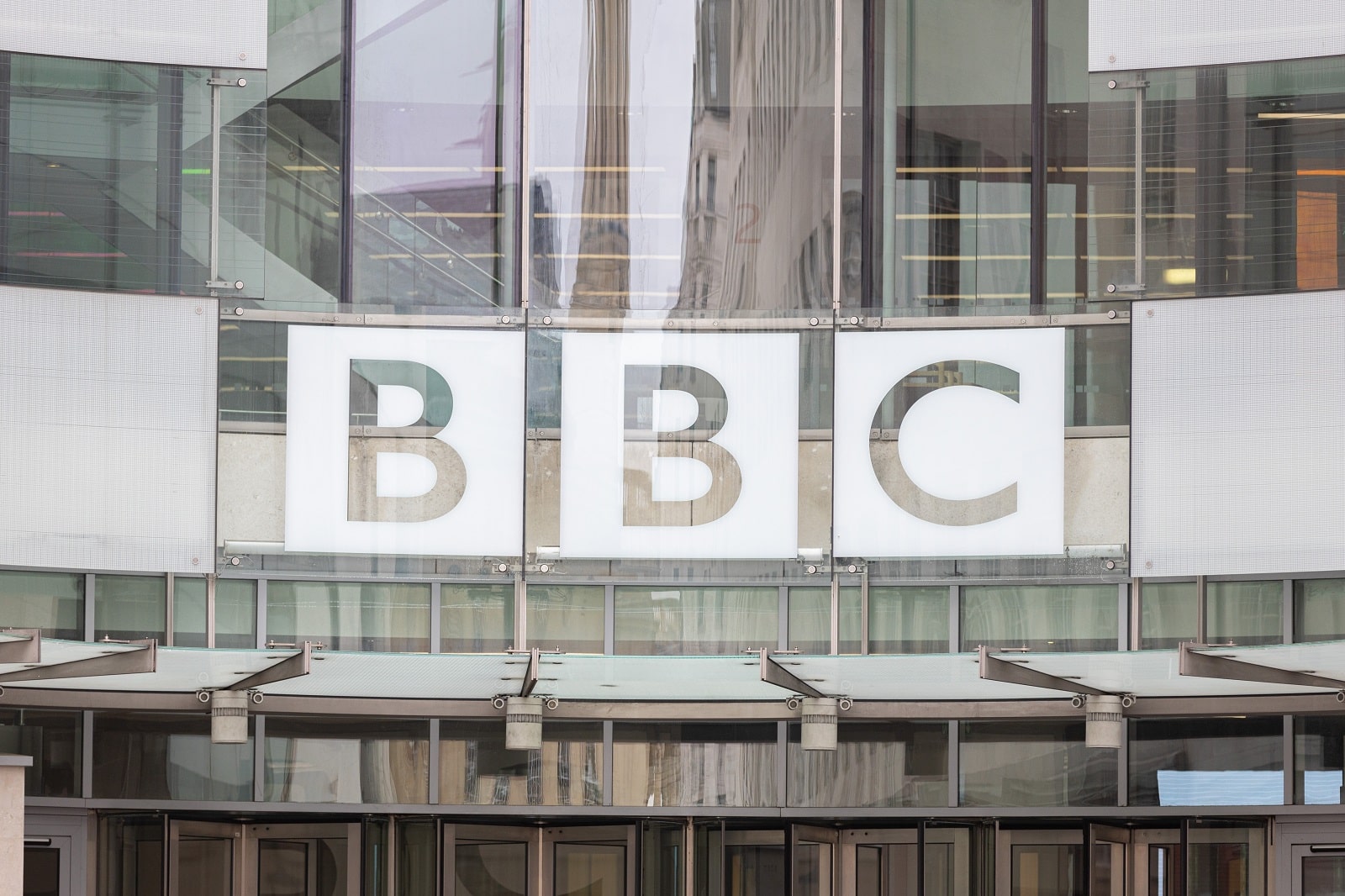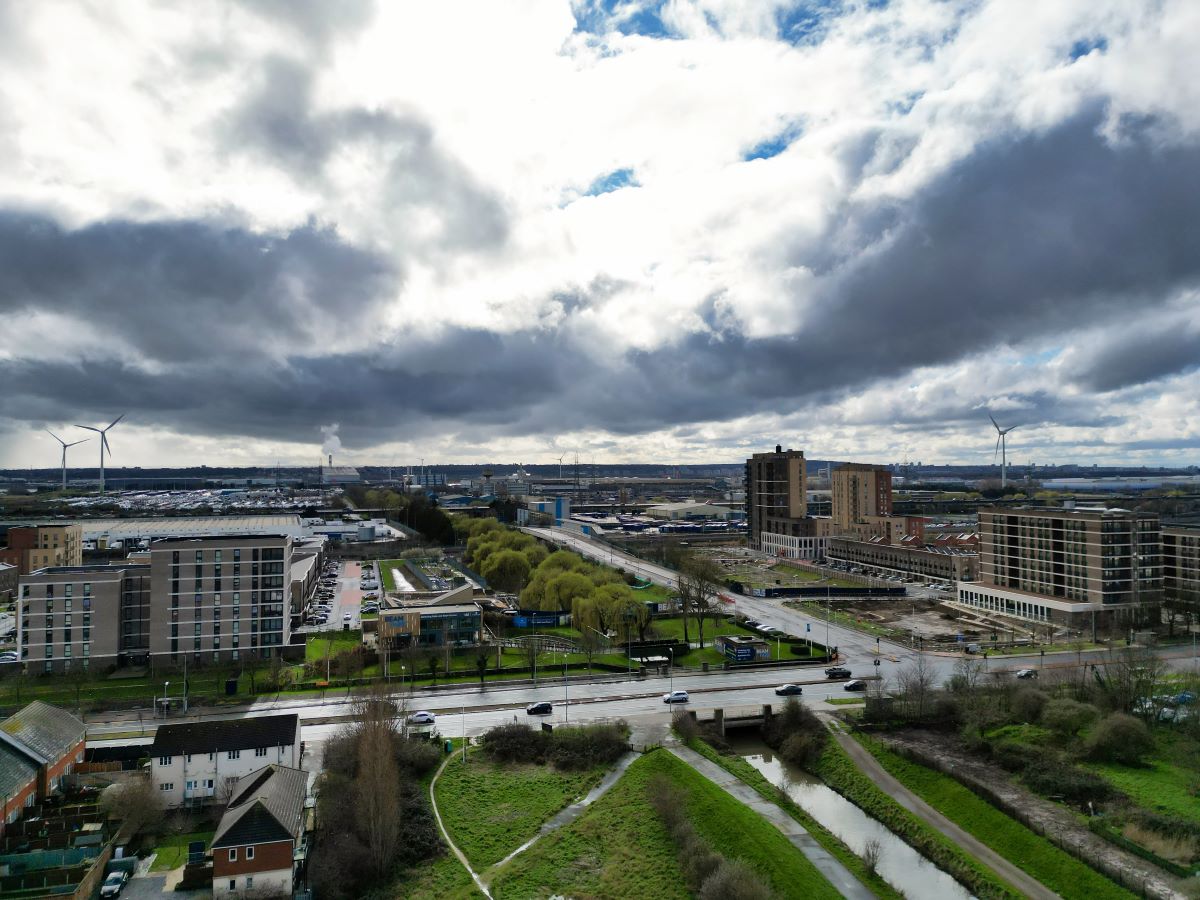Once the bastion of global power and innovation, Britain now grapples with a series of symbols that mark its decline. From grand buildings to historic industries, these icons are now shadowed by neglect and decay. How did we move from grandeur to disillusionment?
1. The British Empire’s Legacy: A Fading Glimmer

The remnants of Britain’s empire, once a symbol of might, now stand as dusty relics of a bygone era. Sites like the Imperial War Museum reflect a narrative of former glory marred by current economic and social decline. The grandeur of empire has dimmed, leaving a legacy of unfulfilled promises.
2. The Decline of the Industrial North: A Forgotten Powerhouse

Northern England’s industrial base, which once drove the country’s economy, is now a shadow of its former self. Cities like Sheffield, once the steel capital, struggle with unemployment and deindustrialisation. This decline starkly contrasts with their historical significance.
3. The Fall of British Manufacturing: Factories to Ghost Towns

The closure of major manufacturing hubs, such as the Ford factory in Dagenham, epitomises Britain’s shifting economic landscape. These once-bustling sites now stand as silent witnesses to the decline of domestic production. The shift to service industries has left a gaping hole in the economy.
4. The Titanic’s Legacy: From Unsinkable to Forgotten

The Titanic, once the epitome of British engineering excellence, now symbolizes a broader national decline. The shipyard in Belfast, which built the Titanic, has faced significant economic challenges and redundancies. This emblem of British prowess now reflects a sinking sense of lost potential.
5. The Closure of the British Coal Mines: A Blackened History

The closure of Britain’s coal mines marked the end of an era that powered the nation’s industrial revolution. Regions like South Wales are now grappling with high unemployment and economic stagnation. The smoke-filled past contrasts sharply with today’s economic realities.
6. The Struggle of the NHS: From Pride to Crisis

The NHS, once a symbol of Britain’s commitment to universal healthcare, is now under severe strain. Funding cuts and staff shortages are eroding the quality of services, turning a point of national pride into a symbol of crisis. The health service’s troubles highlight broader issues within public services.
7. The Vanishing of Traditional Pubs: A Cheers to Decay

Britain’s traditional pubs, once the heart of community life, are disappearing at an alarming rate. Economic pressures and changing social habits are driving these iconic institutions to closure. The pub’s decline signals a broader erosion of communal spaces.
8. The Disintegration of British Railways: Tracks to Nowhere

British Railways, once a symbol of efficiency and innovation, now suffers from underinvestment and outdated infrastructure. Frequent delays and overcrowding paint a picture of decline. The rail system’s struggles reflect broader issues in public transport.
9. The Decline of the British Car Industry: From Innovation to Obsolescence

The British car industry, known for marques like Jaguar and Rover, has faced severe cutbacks and foreign takeovers. The closure of key factories and the loss of jobs highlight a sharp decline from a once-thriving sector. The industry’s struggles mirror broader economic issues.
10. The Shutting Down of Local Newspapers: News in Decline

Local newspapers, once a cornerstone of community information, are closing at an alarming rate. Digital competition and declining revenues have left many areas without a local news voice. This trend represents a loss of local reporting and community engagement.
11. The Vanishing of British High Streets: Shops to Shadows

High streets across Britain are succumbing to empty storefronts and boarded-up shops. Economic pressures and changing shopping habits are decimating what was once a vibrant retail scene. The decline of high streets is emblematic of broader economic challenges facing local communities.
12. The Fate of Historic Theatres: Curtains Closing

Historic theatres, such as the old venues in London’s West End, are struggling to survive amidst financial difficulties. Cuts to arts funding and changing audience preferences are contributing to their decline. These theatres’ struggles highlight broader issues in cultural funding.
13. The Collapse of British Steel: From Industry Giant to Demolition Site

British Steel, once a global leader in steel production, has faced bankruptcy and asset sales. The industry’s decline reflects broader economic shifts and the challenges of competing globally. The collapse of such a key sector signifies deep-rooted economic troubles.
14. The Decline of British Agriculture: Fields of Abandonment

British agriculture, once the backbone of rural life, is facing severe decline due to economic pressures and policy changes. Farmers are struggling with low prices and high costs, leading to widespread farm closures. The sector’s struggles highlight broader issues in rural and economic policy.
15. The Fall of British Broadcasting: From Iconic to Average

British Broadcasting Corporation (BBC) is facing criticism over its funding and programming choices. The once-celebrated institution now contends with financial woes and changing media consumption habits. The BBC’s troubles signal shifts in media and public expectations.
16. The Disappearance of Traditional Craftsmanship: Skills Lost

Traditional British craftsmanship, from pottery to weaving, is dwindling as modern production methods take over. Skills that were once highly valued are fading away, leaving behind a gap in cultural heritage. This decline reflects broader issues in preserving traditional industries.
17. The Crisis in British Universities: Academia in Trouble

British universities are grappling with funding cuts and rising student debt, affecting their global reputation. Prestigious institutions are facing financial challenges and changes in educational priorities. The crisis in higher education signals broader issues in academic and public funding.
18. The Decline of British Heritage Sites: Once Proud, Now Neglected

Many British heritage sites are suffering from neglect and insufficient funding. These historical landmarks, from stately homes to ancient ruins, are deteriorating, reflecting broader issues in heritage conservation. The decline of these sites mirrors the struggles in maintaining national pride.
A Legacy in Ruins

From once-great industries to cherished institutions, Britain’s symbols of grandeur are now marked by decline and neglect. As the nation grapples with these fading icons, one question remains: Can we reverse the rot or is the decline irreversible? The nation’s past glories now serve as stark reminders of a future still in question.
The Great Escape: Wealthy Brits Flee to Dodge Labour Taxes

As the UK prepares for potential tax reforms, the wealthy flee in droves to avoid paying their fair share, sparking a contentious debate over tax avoidance and economic unfairness. Here’s the full story. The Great Escape: Wealthy Brits Flee to Dodge Labour Taxes
20 Signs Millennials Are Rejecting the UK’s Woke Culture

Are Millennials across the UK starting to question the pervasive ‘woke’ culture? As they navigate an increasingly complex social and economic landscape, many are seeking more practical, nuanced approaches. 20 Signs Millennials Are Rejecting the UK’s Woke Culture
New Era: Labour Enforces Strict Immigration Control With Deportations and Convictions

More than 40 criminals and migrants are sent back to Vietnam and Timor-Leste. It’s a victory as a UK-based criminal gang is sentenced. Here’s the story. New Era: Labour Enforces Strict Immigration Control With Deportations and Convictions
Featured Image Credit: Shutterstock / Altaf Shah.
For transparency, this content was partly developed with AI assistance and carefully curated by an experienced editor to be informative and ensure accuracy.
The images used are for illustrative purposes only and may not represent the actual people or places mentioned in the article.

